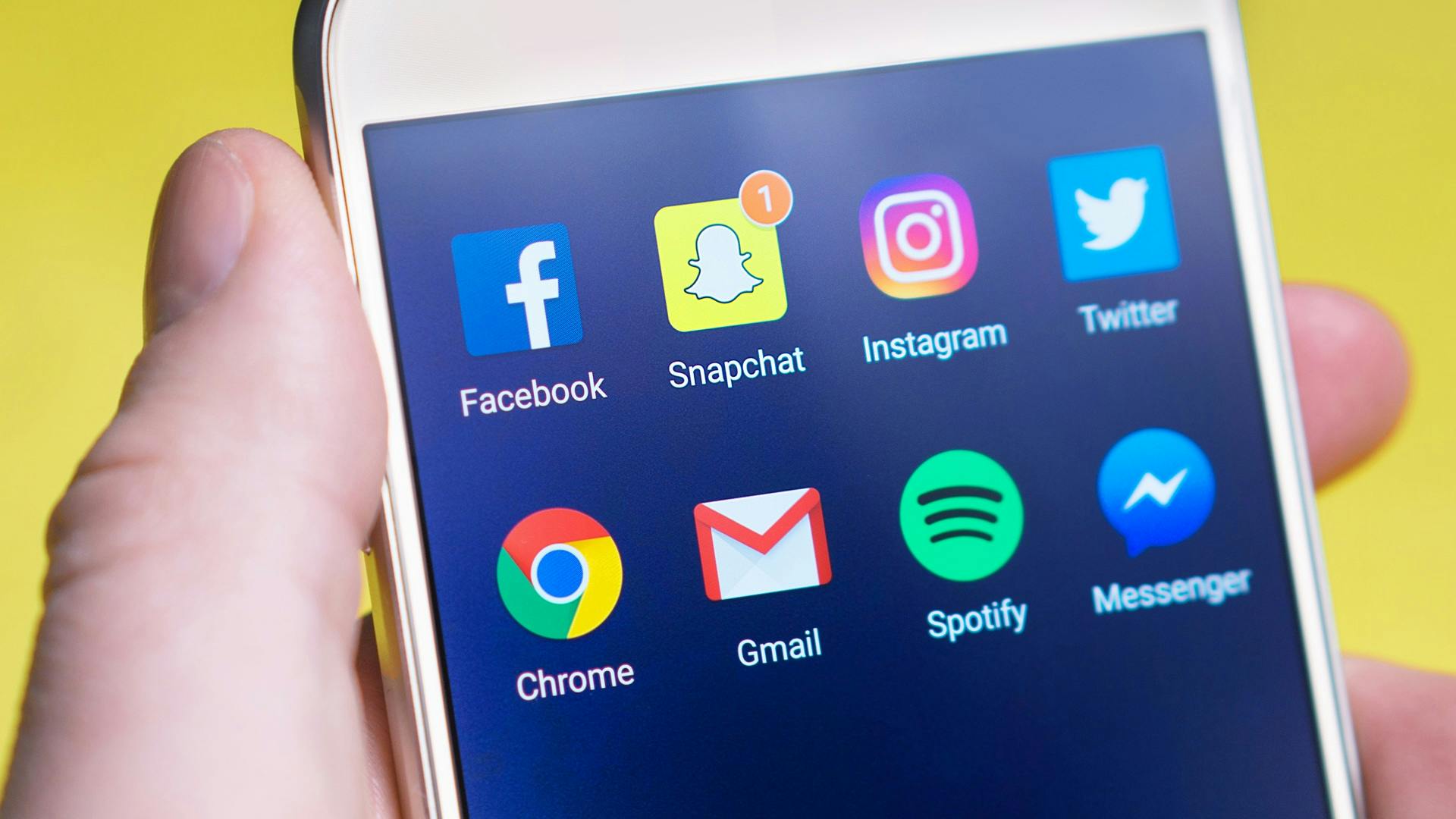Derive Social Media Lawsuits: How They Start & Why They Matter
“One Tweet, One Lawsuit: How Social Media Became a Legal Minefield”
A few years ago, a small business owner in California made a casual tweet about a well-known influencer’s questionable business practices. She thought nothing of it—after all, isn’t social media all about opinions? But within weeks, she found herself in court, facing a defamation lawsuit.
Sound extreme? It’s more common than you think.
In an era where a single post can go viral in minutes, social media lawsuits are skyrocketing. From defamation and privacy breaches to intellectual property disputes and cyberbullying, legal battles are playing out on Twitter, TikTok, Facebook, and beyond.
So, how do these lawsuits derive? What triggers them? And more importantly, how can you stay out of legal trouble while using social media?
Let’s break it all down.

The Rise of Social Media Lawsuits: Why They’re More Common Than Ever
A decade ago, social media was the Wild West—almost anything went. People posted memes, called out brands, and shared “hot takes” without thinking twice.
Fast forward to today, and the digital landscape has changed drastically. Big corporations, influencers, and even individuals are suing over tweets, posts, and videos.
Why?
- Virality = Legal Risk – A single viral post can destroy reputations, spark boycotts, and influence stock prices.
- Fake News & Misinformation – Lawsuits over false claims and misleading posts have exploded.
- Cancel Culture & Call-Outs – Public accusations can lead to defamation suits if they’re inaccurate.
- AI & Deepfakes – Fake videos can damage reputations and spark identity theft lawsuits.
Social media isn’t just a place to share cat videos anymore—it’s a high-stakes legal battlefield.
How Social Media Lawsuits Derive: 5 Common Triggers
1. Defamation: When Words Become Weapons

Ever heard of Cardi B’s $4M lawsuit against a YouTuber for spreading false rumors? It wasn’t just about hurt feelings—her lawyers proved it caused real harm.
Defamation happens when:
- Someone makes a false statement that damages another person’s reputation.
- It’s shared publicly (social media counts!).
- It causes actual harm—like job loss, emotional distress, or financial damage.
Example: If a TikToker falsely accuses a brand of using toxic ingredients, and the brand loses millions in sales, they can sue for damages.
2. Privacy Invasions: The Hidden Legal Trap
Many people think, “It’s online, so it’s fair game.” But that’s not how privacy laws work.
What counts as an illegal invasion of privacy?
- Doxxing – Sharing someone’s personal info (address, phone number) without consent.
- Leaked DMs & Private Messages – Screenshots of private conversations can lead to lawsuits.
- Unauthorized Recording – Posting videos of someone without permission, especially in private settings.
Example: A famous Twitch streamer sued a YouTuber for leaking their private messages. Even though the messages were real, the unauthorized exposure led to legal action.
3. Copyright & Intellectual Property Theft
Just because something is on the internet doesn’t mean it’s free to use.
Common mistakes that lead to copyright lawsuits:
- Using music without permission in a YouTube or TikTok video.
- Stealing someone’s artwork, photos, or videos and posting them as your own.
- Selling counterfeit products using another brand’s name or logo.
Example: A TikTok creator once used an indie musician’s song in a viral dance challenge. When the video made money, the musician sued for unpaid royalties.
4. Harassment, Cyberbullying & Hate Speech
Social media can be brutal, but there’s a legal line between criticism and harassment.
Lawsuits can arise from:
- Online stalking or threats (even in private messages).
- Hate speech targeting race, gender, religion, or identity.
- Spreading false rumors designed to ruin someone’s life.
Example: A college student in the U.S. sued after false accusations on Twitter led to expulsion and job rejections.
5. Social Media Platform Liability
Sometimes, it’s not just users—it’s the platforms themselves.
Tech giants like Facebook, Twitter, and TikTok have been sued for:
- Not removing harmful content (e.g., fake news, hate speech).
- Violating user privacy (e.g., selling personal data without consent).
- Negligence in preventing cyberbullying or harassment.
Example: In 2021, TikTok faced lawsuits after a dangerous challenge led to injuries. Parents argued the platform failed to remove harmful content.
Real Lawsuits That Changed Social Media Forever
Some legal cases have shaped how we use social media today:
Facebook & Cambridge Analytica Scandal
- What happened? Facebook was accused of illegally sharing user data with political firms.
- Impact: Stricter privacy laws, GDPR, and new rules on how companies handle user data.
Johnny Depp vs. Amber Heard (Defamation Case)
- What happened? Depp sued Heard over an op-ed that implied he was abusive.
- Impact: A global debate on free speech, defamation, and online accusations.
Elon Musk & Twitter Lawsuits
- What happened? Musk was sued (and sued back) during his messy $44B Twitter buyout.
- Impact: Changes in how corporate buyouts & contracts are handled in the tech world.
How to Protect Yourself from Social Media Lawsuits

Whether you’re a casual user, business owner, or influencer, you don’t want to be the next legal headline.
1. Think Before You Post
Ask yourself:
Is this factually accurate?
Could this harm someone’s reputation?
Am I using copyrighted material?
2. Get Permission
- If you’re sharing screenshots, private info, or images, make sure you have consent.
- If using music, videos, or designs, credit the creator (or get a license).
3. Use Disclaimers for Opinions
If you’re reviewing a product, criticizing a brand, or discussing legal matters, use disclaimers like:
“This is my personal opinion and should not be taken as fact.”
4. Report, Don’t Engage
If someone attacks you online, avoid retaliation—this can lead to defamation or harassment claims. Instead, report and document the abuse.
5. Know Platform Policies
Each platform has its own legal policies. Read TikTok, Instagram, and Twitter’s community guidelines so you don’t accidentally break the rules.
Final Thoughts: The Future of Social Media & the Law
Social media lawsuits aren’t slowing down. In fact, they’re becoming the norm. With AI, deepfakes, and evolving privacy laws, the legal side of social media will only get more complex.
So, next time you hit “post,” ask yourself—could this get me sued?
Because in today’s world, a single tweet could cost you millions.
What do you think? Have you ever seen a lawsuit happen over social media? Drop a comment below!


